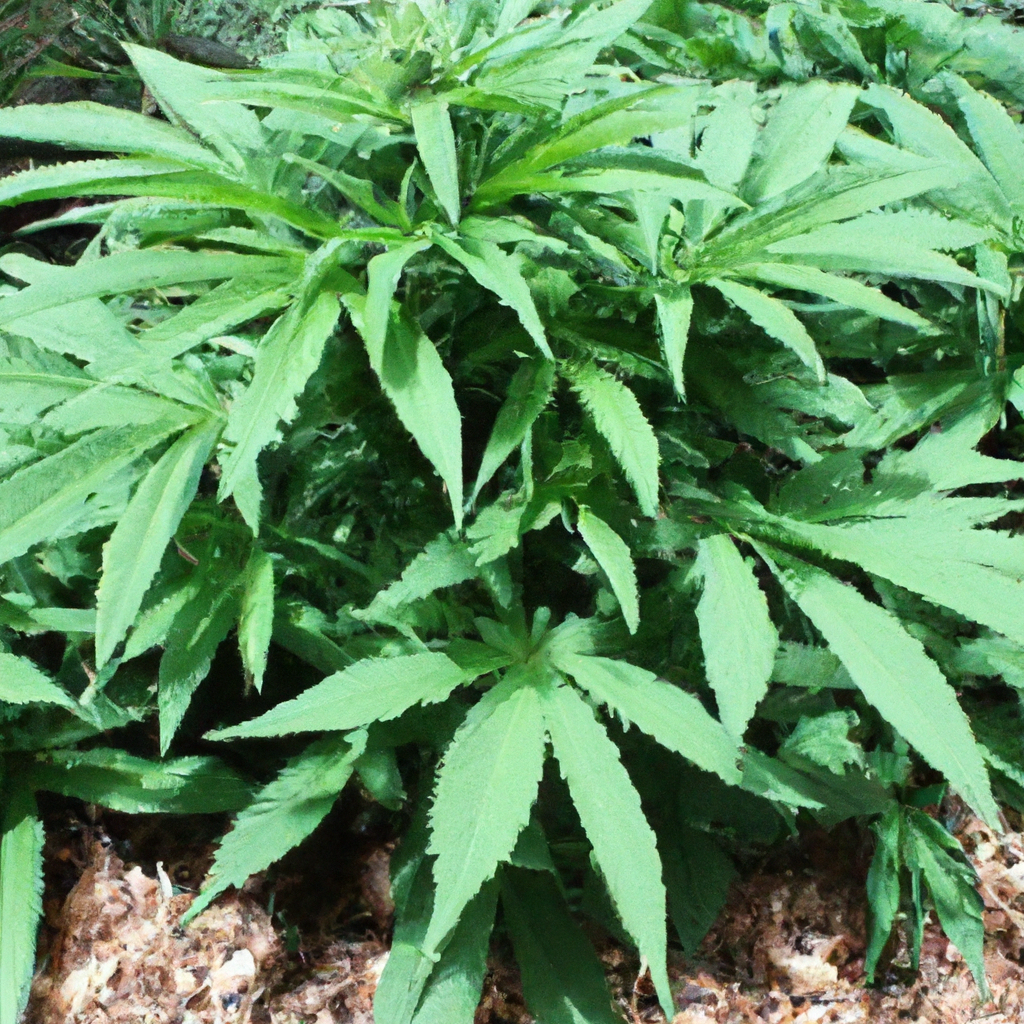Your cart is currently empty!
Embracing organic cannabis cultivation offers growers a sustainable and eco-friendly approach to nurturing their plants. This guide explores the best practices for organic growing, focusing on creating nutrient-rich soils, using natural fertilizers, and implementing effective pest control strategies without synthetic chemicals.
Building Healthy Soil Ecosystems
Healthy soil is the cornerstone of successful organic cultivation. Organic methods emphasize maintaining the soil’s natural richness and biodiversity, which benefits both the plants and the environment.
- Composting: Use organic waste, including food scraps and plant material, to create homemade compost. This enriches the soil with vital nutrients and improves moisture retention.
- Cover Crops: Planting cover crops like clover or legumes can enhance soil structure and add nitrogen, an essential nutrient for cannabis.
- Mulching: Apply organic mulch around plants to conserve moisture, suppress weeds, and gradually enrich the soil as it decomposes.
Natural Fertilizers: Boosting Growth Naturally
Natural fertilizers play a vital role in organic cultivation by providing essential nutrients without the negative impacts associated with synthetic chemicals.
- Bat Guano: Known for high nitrogen content, bat guano is excellent for the vegetative stage, promoting lush green growth.
- Bone Meal: This is a great source of phosphorus, crucial for root development and flowering.
- Seaweed Extract: Contains trace minerals and stimulates plant growth and resilience, supporting overall plant health.
Natural Pest Control Techniques
Organic growers avoid harmful pesticides by using eco-friendly pest management strategies that protect both plants and beneficial creatures in the ecosystem.
- Companion Planting: Grow pest-deterring plants like marigold and basil nearby to naturally repel insects.
- Beneficial Insects: Introduce predator insects such as ladybugs and predatory mites to control aphids and spider mites.
- Neem Oil: This natural oil disrupts pest life cycles without harming the plant, excellent for a range of insects and diseases.
Sustainability and Environmental Impact
Organic cannabis not only champions plant health but also supports wider environmental goals. Avoiding synthetic chemicals reduces soil and water contamination and promotes biodiversity. Organic growing aligns with sustainable agriculture, fostering a healthier planet and often yielding a purer product for consumption.
Conclusion
Organic cannabis cultivation empowers growers to produce high-quality plants while prioritizing environmental health and biodiversity. By focusing on soil health, utilizing natural fertilizers, and adopting eco-friendly pest control methods, cultivators can achieve a sustainable and flourishing crop. Embrace these organic practices to reduce environmental impact and enhance the natural benefits of cannabis.
Tags: Organic Growing, Natural Fertilizers, Pest Control, Sustainability, SoilHealth
Discover more from Magic Clones
Subscribe to get the latest posts sent to your email.


Leave a Reply